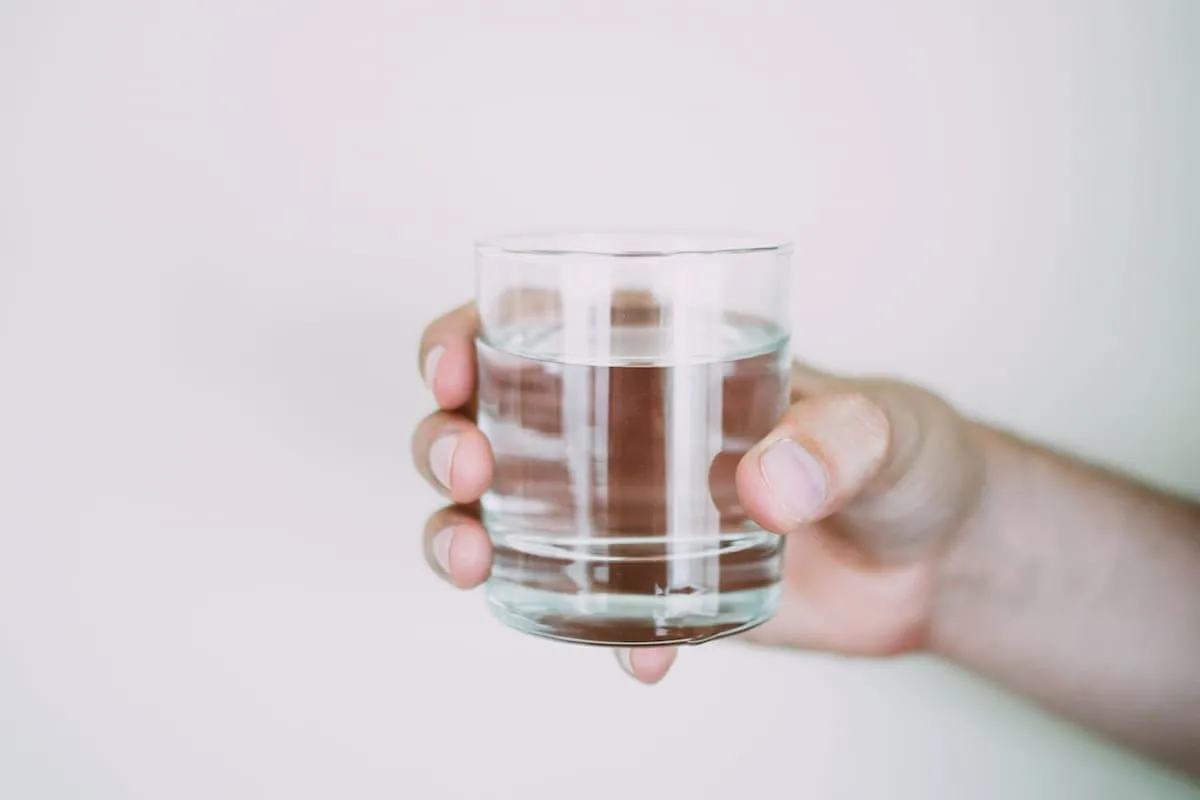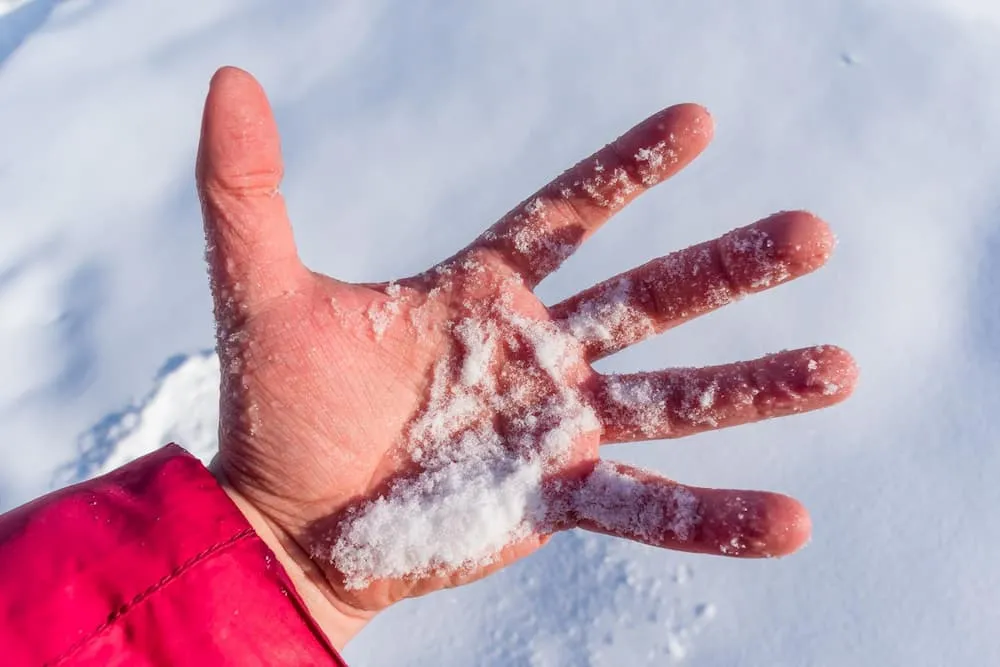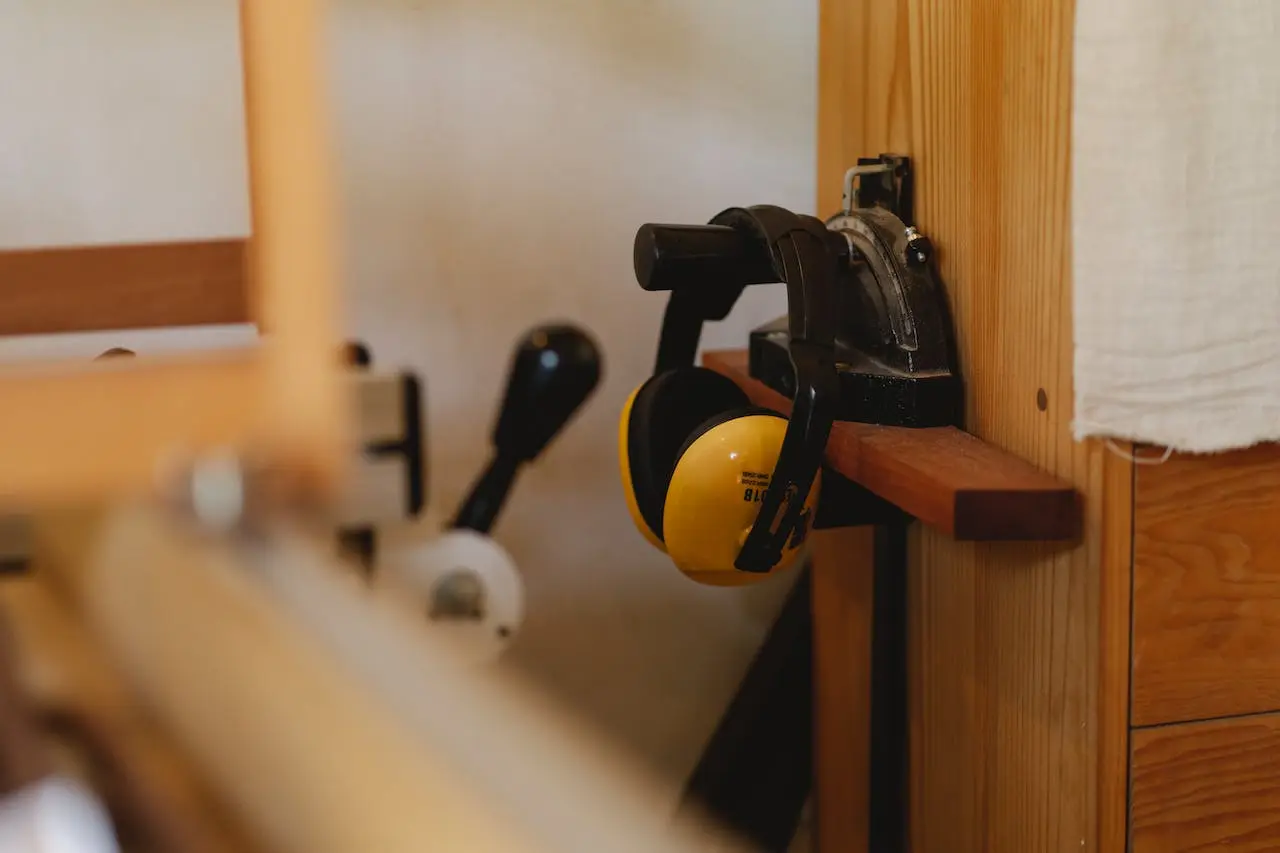Difficult-to-remove dirt from grease and oil is an everyday occurrence for mechanics and automotive workers, which must be dealt with with the help of appropriate protective clothing. Although some of the dirt can be avoided by working carefully and attentively, the need for grease-resistant jackets and pants, non-slip shoes or thicker gloves that guarantee a good grip is undeniable here. It is up to the employer to create safe and clean working conditions for his employees. How can you protect yourself from stains from grease and oil while working? Here's an overview of the most essential health and safety accessories and clothing for mechanics and more.
Protective clothing for mechanics - the main risks at work
According to the Labor Code, "every employer is obliged to provide an employee free of charge with personal protective equipment against dangerous and harmful factors present in the work environment." These factors include dirt, against which the employee's personal clothing and body should be protected, which in practice means the need to protect the body even against those factors that do not pose a direct threat to health. Mechanics, who work every day in the company of lubricants and oils, require an appropriate approach to occupational hygiene and clothing that will guarantee them protection against slipping or tools falling out of their hands precisely because of the slippery substances present around them. What kind of clothing should the employer provide them with?
Protection from oil and grease - occupational safety and health clothing and accessories
The basic feature of good protective clothing for mechanics should be enhanced stain resistance and ease in cleaning the most difficult dirt. For this reason, among the available products in the categories of protective clothing, you should look primarily for good-quality materials characterized by high durability, resistance to abrasion and tearing, as well as resistance to repeated washing and cleaning with chemicals. It is also important that the protective clothing used does not adversely affect the freedom of movement of the worker, provides adequate comfort and convenience of wearing, as well as being fully functional and offering access to numerous pockets for small tools necessary during work. The basic equipment of a mechanic or a person who has frequent contact with people and lubricants in the work environment should also include good, non-slip shoes and comfortable gloves, as well as a mask and safety glasses if necessary.
In addition to clothing, which should absolutely be used when there is a risk of contact with grease, oil and other highly dirty substances, a very important part of the health and safety equipment of the workplace is any hygienic measures to keep clean after work. Particularly important here will be to ensure access to special health and safety pastes that can cope with the strongest dirt and can be used both for washing hands and washing work parts that have been soiled during work.
Lubricants and oils - what protective clothing to choose?
The choice of individual items of clothing used by a mechanic will depend mainly on his preferences - the best manufacturers today offer both full suits and individual items of clothing suitable for all seasons and working conditions. Some of the most popular include:
- warm work blouses that provide good breathability, but also maintain body temperature in cold areas,
- pants made of reinforced materials resistant to frequent washing and stain abrasion, as well as suitable for knee-length work,
- gloves with rubber tabs on the inside to guarantee a firm and secure grip on tools covered with oils or oily substances,
- non-slip shoes with thick soles and reinforced toes, which will protect the foot from falling objects and possible dirt,
- full work overalls, guaranteeing greater freedom of work, wearing comfort and greater functionality in terms of available pockets and tool belt,
- jackets, indispensable when working outdoors and protecting the clothing worn underneath from contamination by oils and greases.
The right approach to protection against grease and oil is the basis for safe and hygienic work in auto repair shops or various types of workshops that require frequent contact with oily, highly dirty substances that are difficult to remove by natural means. Although getting dirty does not seem to be as problematic as contact with corrosive substances or substances that directly threaten the health and lives of workers, employers should remember that it is their duty to protect employees from having to work in dirty and uncomfortable conditions, including body soiling or possible damage to their personal clothing.






